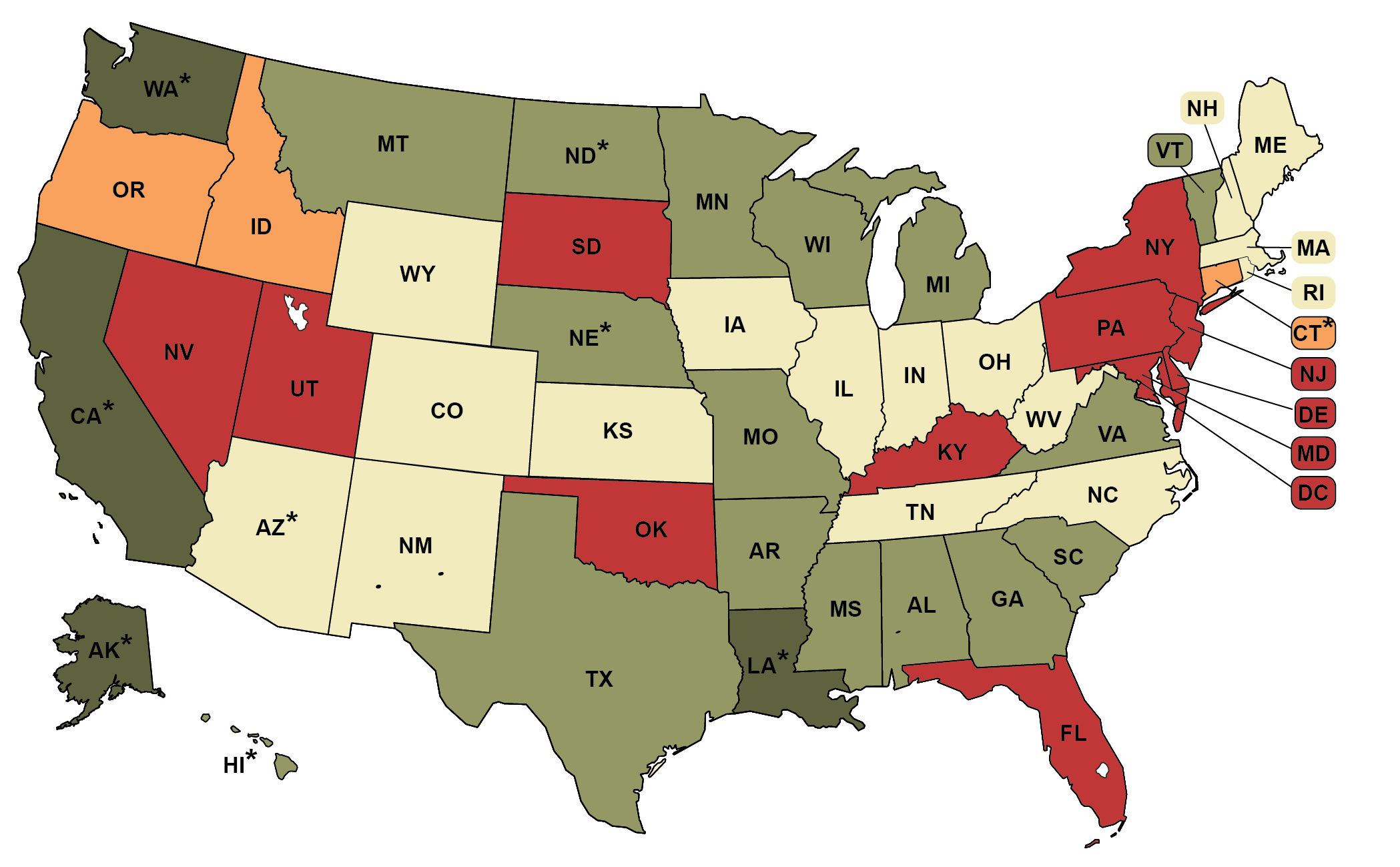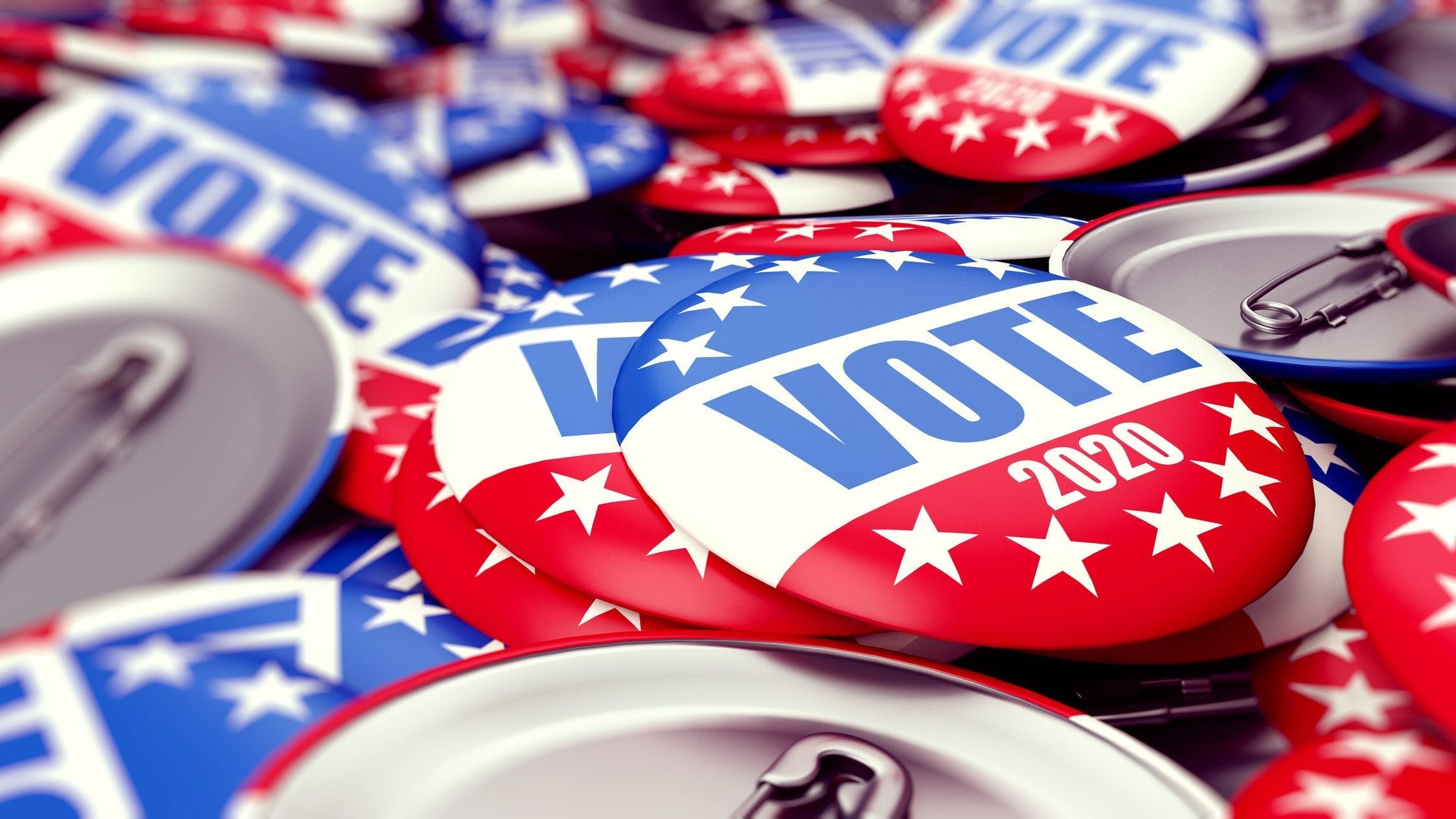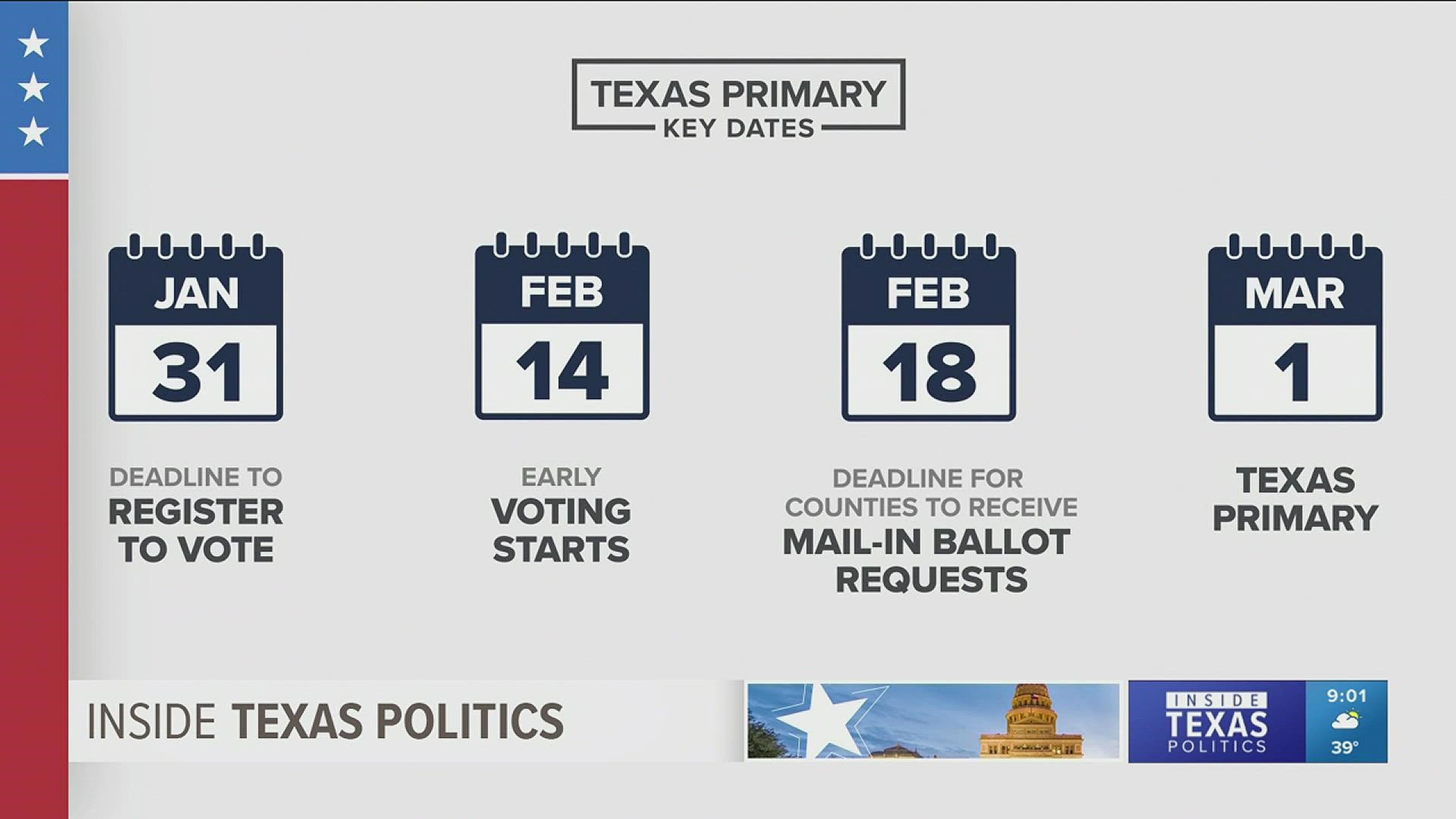Primary Elections

Primary elections are a cornerstone of the American democratic process, providing a vital platform for citizens to participate in selecting their preferred candidates for various political offices. These elections, held within each political party, serve as a preliminary stage before the general election, where candidates from different parties compete for the final victory.
The Evolution of Primary Elections
Primary elections have undergone a significant evolution throughout American history. Initially, political parties primarily relied on caucuses, closed meetings of party members, to choose their nominees. However, the rise of progressive reforms in the early 20th century led to the adoption of primary elections in many states. These reforms aimed to democratize the nomination process, giving ordinary voters a more direct role in selecting their party’s candidates.
Types of Primary Elections
Primary elections are categorized into different types based on voter participation rules:
- Open Primaries: In open primaries, voters can choose to participate in either party’s primary election, regardless of their own party affiliation. This allows for cross-party voting and can lead to more competitive primaries.
- Closed Primaries: Closed primaries restrict voting to registered members of a particular political party. This system aims to ensure that only loyal party members have a say in selecting the nominee.
- Semi-Closed Primaries: Semi-closed primaries allow independent voters to choose which party’s primary they wish to participate in, while registered party members are restricted to their own party’s primary. This system offers a balance between party loyalty and voter choice.
Role of Primaries in Presidential and Congressional Elections, Primaries today
Primary elections play a distinct role in presidential and congressional elections. In presidential primaries, candidates compete for the nomination of their respective parties, ultimately seeking the party’s presidential ticket. These primaries often involve a lengthy and competitive process, spanning multiple states and attracting national media attention.
In congressional primaries, candidates vie for the nomination to represent their party in the general election for a seat in the House of Representatives or the Senate. While these primaries typically receive less national attention, they are crucial for determining the party’s nominee for each district or state.
Primary Election Systems Across States
| State | Type of Primary | Notes |
|---|---|---|
| California | Closed | Registered voters can only vote in their own party’s primary. |
| Florida | Closed | Registered voters can only vote in their own party’s primary. |
| Texas | Closed | Registered voters can only vote in their own party’s primary. |
| New York | Closed | Registered voters can only vote in their own party’s primary. |
| Illinois | Open | Voters can choose to participate in either party’s primary, regardless of their own party affiliation. |
| Pennsylvania | Closed | Registered voters can only vote in their own party’s primary. |
Key Issues Shaping Primaries Today

Primary elections are a crucial stage in the American political process, serving as a platform for voters to express their preferences and shape the direction of the upcoming general election. The issues that dominate these primaries often reflect the concerns and priorities of the electorate, influencing candidate strategies and ultimately shaping the political landscape.
Economic Concerns
The current economic climate is a major factor influencing voter preferences in primary elections. Issues such as inflation, job security, and the cost of living are top of mind for many voters. Candidates are responding to these concerns by outlining their economic plans, emphasizing their commitment to addressing inflation and creating economic opportunities. For example, some candidates are advocating for policies aimed at reducing the national debt, while others are focusing on tax cuts or investments in infrastructure to stimulate economic growth.
Healthcare
Healthcare remains a significant issue in American politics, and primary elections are no exception. Voters are concerned about the affordability and accessibility of healthcare, particularly in the context of rising healthcare costs and the ongoing debate over the Affordable Care Act. Candidates are addressing these concerns by proposing different approaches to healthcare reform, including expanding access to affordable insurance, negotiating lower drug prices, and increasing government investment in healthcare.
Social Issues
Social issues, such as abortion rights, gun control, and climate change, are also playing a significant role in primary elections. These issues often evoke strong emotions and divide voters along ideological lines. Candidates are taking clear stances on these issues, seeking to mobilize their base and attract voters who share their views. For example, candidates on both sides of the abortion debate are actively campaigning on this issue, seeking to energize their supporters and attract undecided voters.
Foreign Policy
Foreign policy is another important issue that is shaping primary elections, particularly in the context of ongoing global challenges such as the war in Ukraine, the rise of China, and the threat of terrorism. Candidates are highlighting their experience and expertise in foreign policy, outlining their vision for America’s role in the world, and emphasizing their commitment to national security.
Table of Candidate Stances on Key Issues
| Candidate | Economic Policy | Healthcare | Social Issues | Foreign Policy |
|---|---|---|---|---|
| Candidate A | Tax cuts, deregulation | Repeal and replace the Affordable Care Act | Pro-life, oppose gun control | Strong military presence, isolationist foreign policy |
| Candidate B | Government spending on infrastructure, job training programs | Expand access to affordable healthcare | Pro-choice, support gun control | Multilateralism, diplomacy |
| Candidate C | Increase minimum wage, raise taxes on corporations | Medicare for All | Pro-choice, support gun control | Strong alliances, interventionist foreign policy |
The Impact of Primaries on the Political Landscape: Primaries Today

Primaries, the preliminary elections within a political party to select its candidate for a general election, play a crucial role in shaping the political landscape. They influence party platforms, policy positions, and the national political conversation, ultimately impacting the general election’s outcome.
The Influence of Primaries on Party Platforms and Policy Positions
Primaries offer a platform for candidates to articulate their policy positions and campaign on specific issues that resonate with voters within their party. This process often leads to a shift in party platforms as candidates vie for the support of the base and moderate voters. For instance, during the 2016 Republican primaries, candidates like Donald Trump emphasized populist and nationalist themes, which significantly influenced the Republican Party platform. Similarly, in the 2020 Democratic primaries, candidates like Bernie Sanders pushed for progressive policies, impacting the party’s platform on issues like healthcare and climate change.
Primaries today are crucial for shaping the political landscape, and one key race to watch is the Minnesota House District 60B primary. Ilhan Omar, a prominent figure in national politics, is seeking re-election, and the results of her primary race are in: ilhan omar primary result.
This outcome will have significant implications for the upcoming general election and the national political conversation surrounding her district.
Primaries today are a crucial step in the electoral process, allowing voters to select their preferred candidates for the upcoming general election. Minnesota is one of several states holding primaries today, and voters are casting ballots on a range of issues.
For insights into the races and key issues, check out minnesota primary polls for a comprehensive overview. These primaries are important for shaping the political landscape in Minnesota and beyond, setting the stage for the upcoming general election.